The more people there are, the greater the inertia of society becomes. This seems obvious, but it also explains how religions were able to develop.
Every Sunday, my wife and I watch the new episode of the anime Chi, which fictitiously portrays how the heliocentric theory might have emerged at a time when any thought contradicting the Church’s writings was considered heretical, potentially leading to torture or execution.
For some, this may seem unreal today. But fundamentally, having a different way of thinking—while it may not directly lead to torture or execution (at least in so-called “free” countries; I wouldn’t risk it in some of the “darker” places on this planet…)—is still difficult.
Chi takes place around the 1500s.
500 years later, things are not so different.
A global awareness of the world began to emerge around that time, with the Age of Discovery—Christopher Columbus in 1492, for example.
So, we’ve been “roughly aware” that people live on the other side of the planet for five centuries. That’s it.
We’ve known about neurotransmitters, which regulate our emotions, since the 1970s—only 50 years.
In other words, we are only just beginning to understand what happens within our own minds and bodies.
Yet, humanity is also thinking about expanding to Mars.
Where does this irony come from? My theory is simple: we do not see our brain, we do not hear it, we do not touch it, we do not feel it. (And if you’re reading this—please, don’t try to!) Because, yes, there are people who take things literally.
We spend most of our lives thinking only about ourselves. We also have to “survive” in society, so generally, we socialize as well. But even that is still largely self-centered. Even when it comes to raising children, for some, it’s just about giving them what they themselves never had—living through them. And for those who claim to act for their children, is it normal to do nothing for the society or planet they will inherit?
Some believe that nothing can be done, that it’s just human nature.
But when we understand that even before a baby is born, they (and their developing brain) are already shaped by the society surrounding them—beneficial or harmful, depending on their “luck”—we realize that for the well-being of our child, the well-being of society is necessary.
Before the great discoveries and Darwin’s research, humans from different regions did not consider themselves part of the same group. (And, well, even today, many still don’t.)
The weaker individual awareness is, the stronger society’s influence becomes.
We have two completely opposing options:
- A vicious cycle—still ongoing—where society makes people sick, and in turn, sick individuals raise children who also become sick, and so on.
- A virtuous cycle—where society considers both our well-being and that of the planet. But this requires a collective effort.
And that’s where everyone thinks it’s unrealistic.
But that’s exactly where our knowledge of the brain should be put to use.
My theory is that greater neuroplasticity leads to greater self-awareness and awareness of the world. And neuroplasticity, in simple terms, means better brain health.
So, the formula is simple:
A healthier brain → Increased awareness → A society with more conscious individuals → A more conscious society as a whole.
And just like how our brain functions, we already have tools that we use without realizing their connection to it—our daily habits.
Changing our habits means changing the world in our own way.
Once again, I lack the time. And I don’t think I’ve fully developed all the arguments I wanted to… But what can I say? I live in this society too.
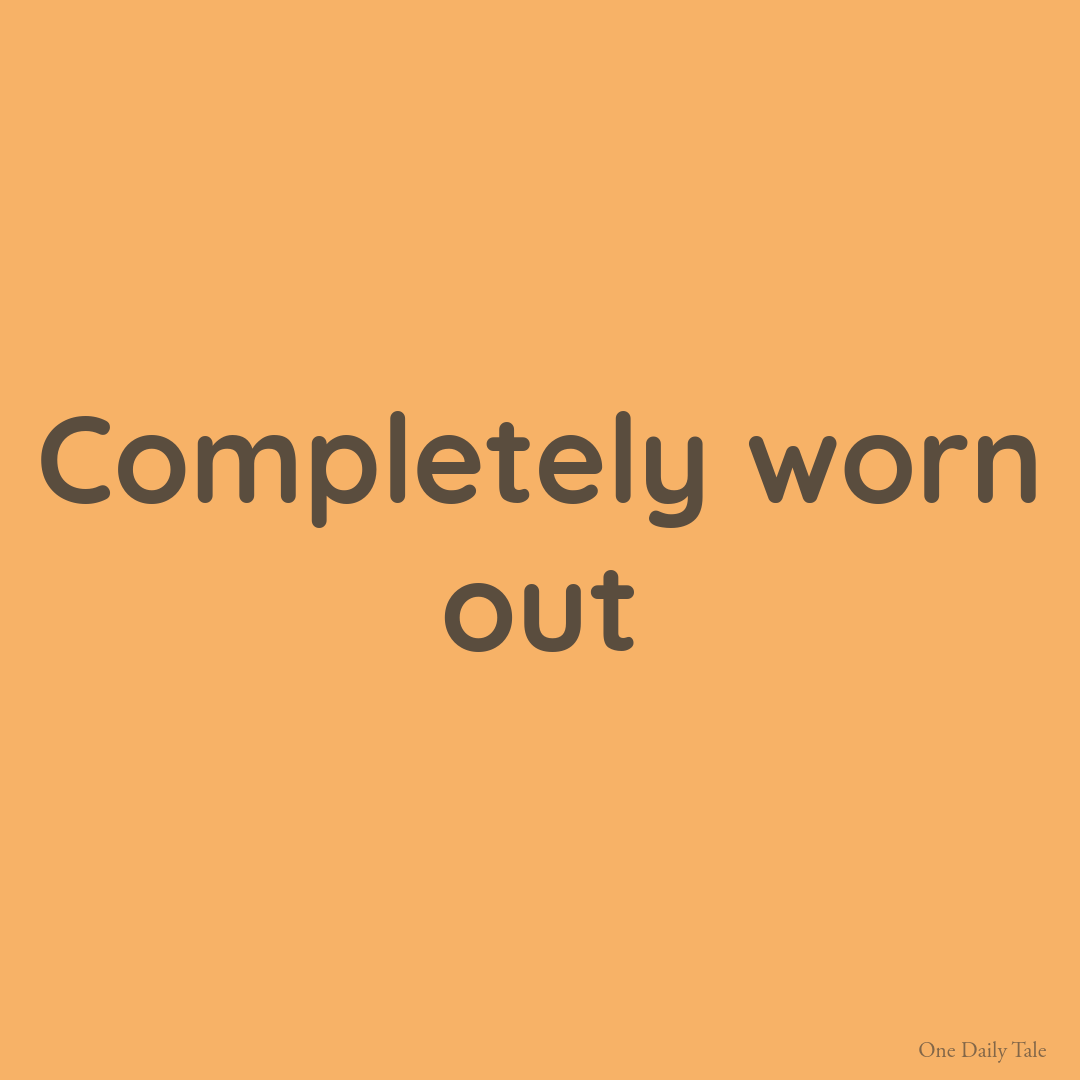
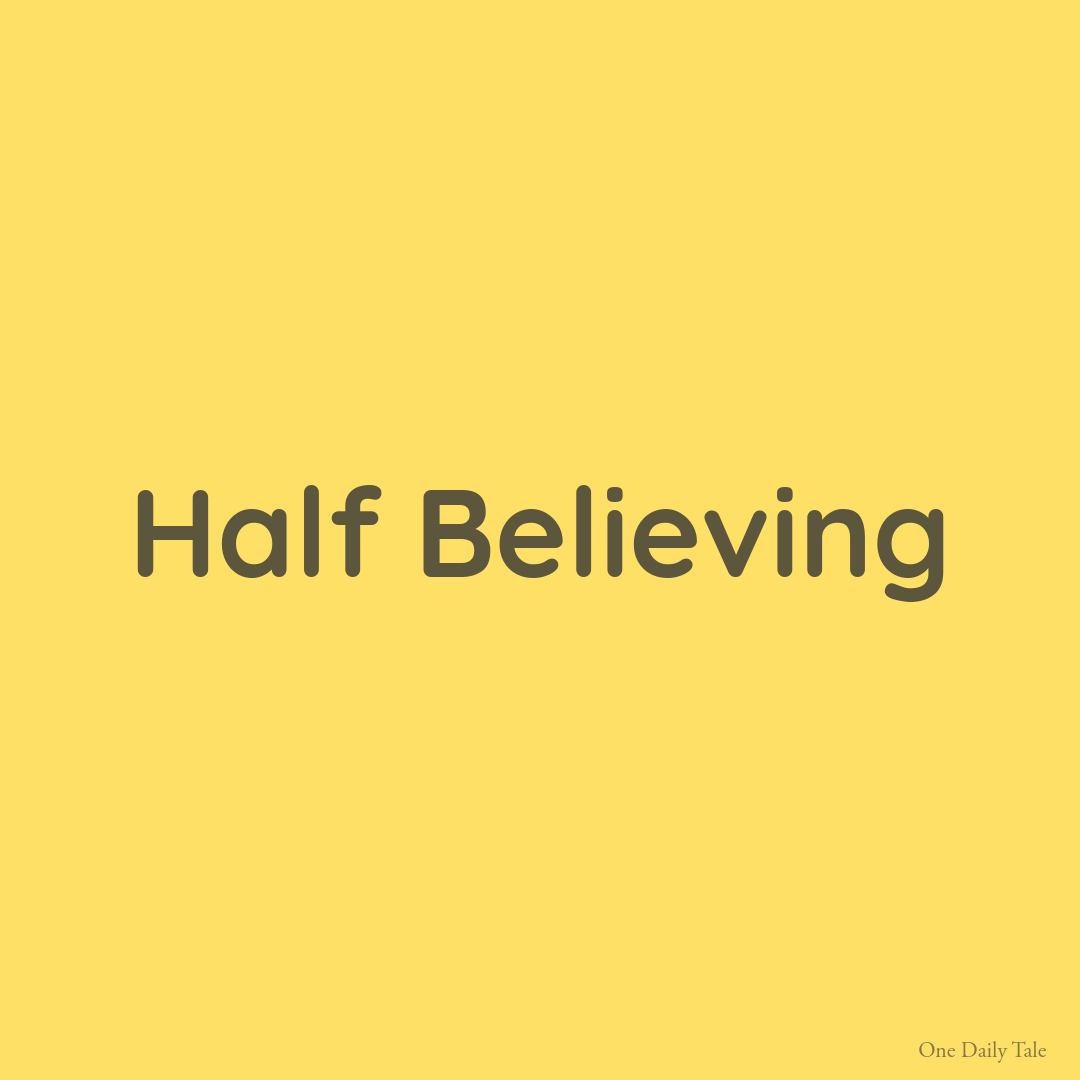

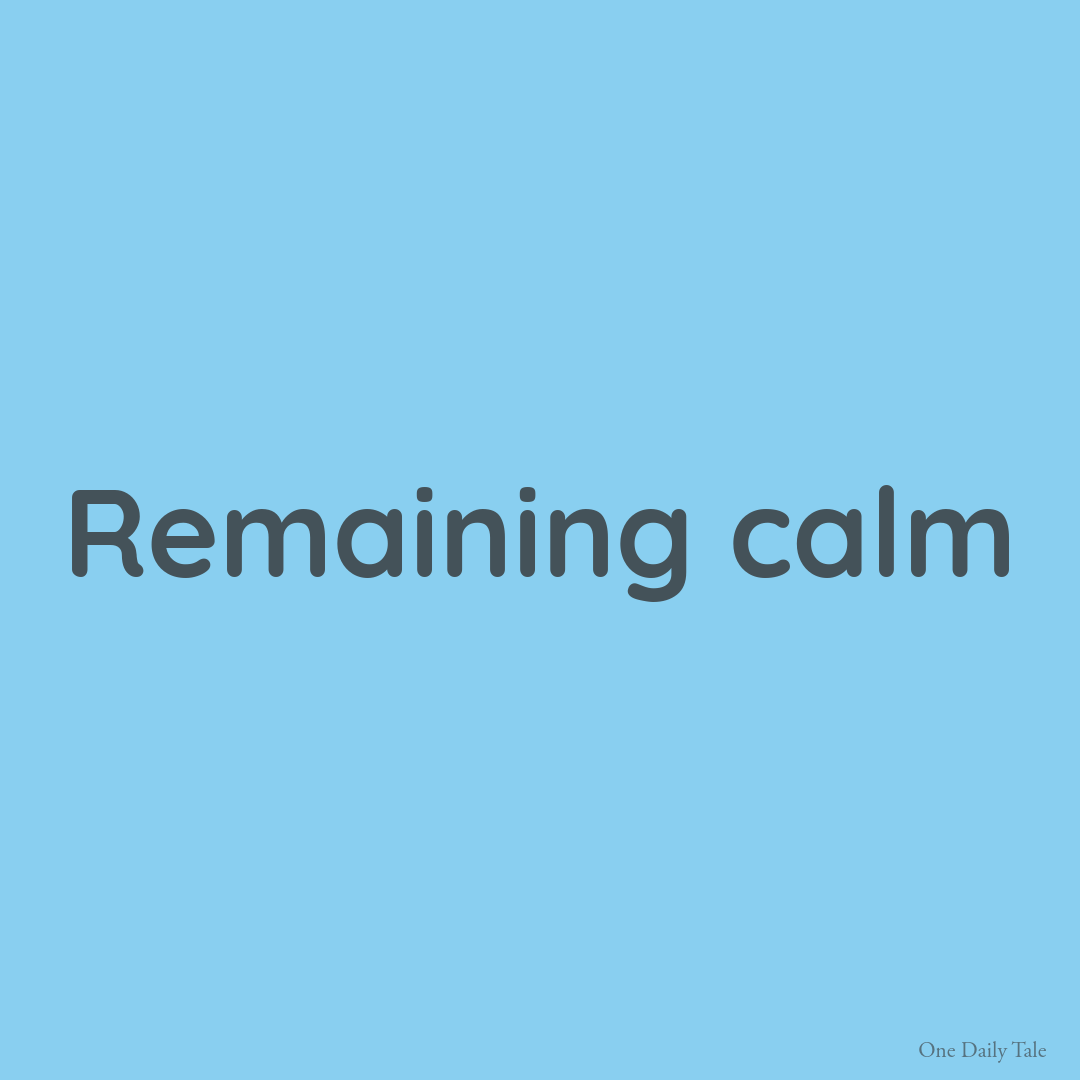

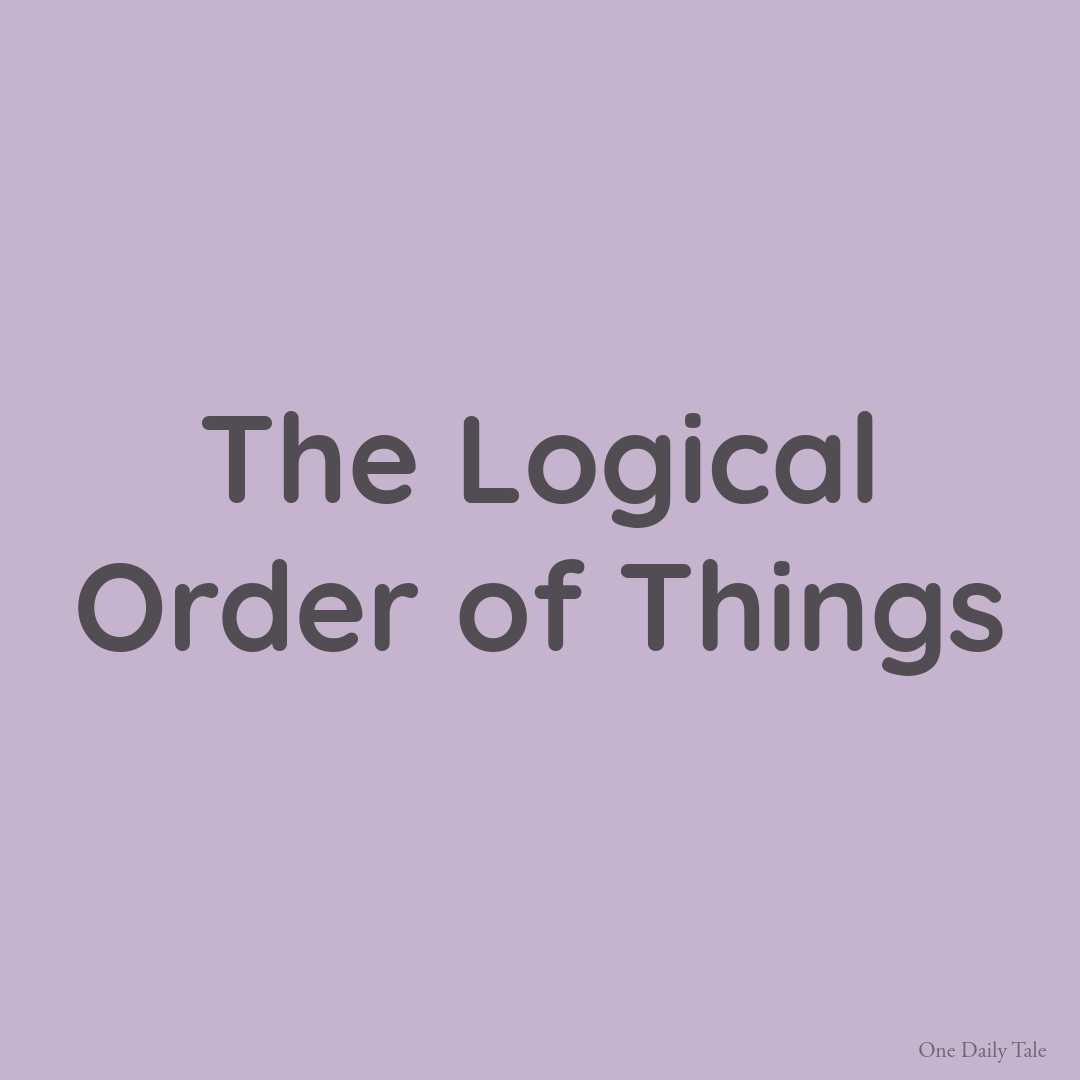
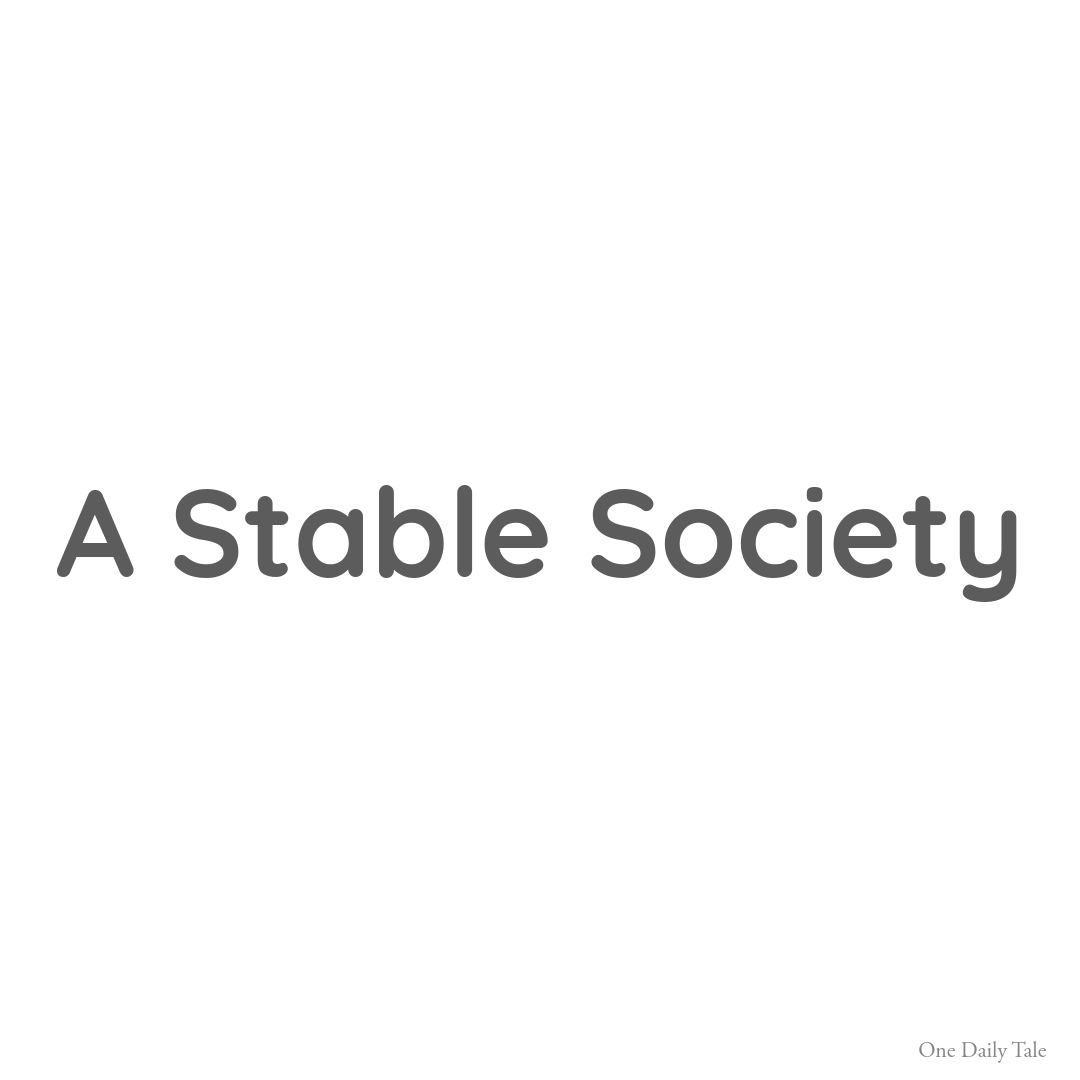
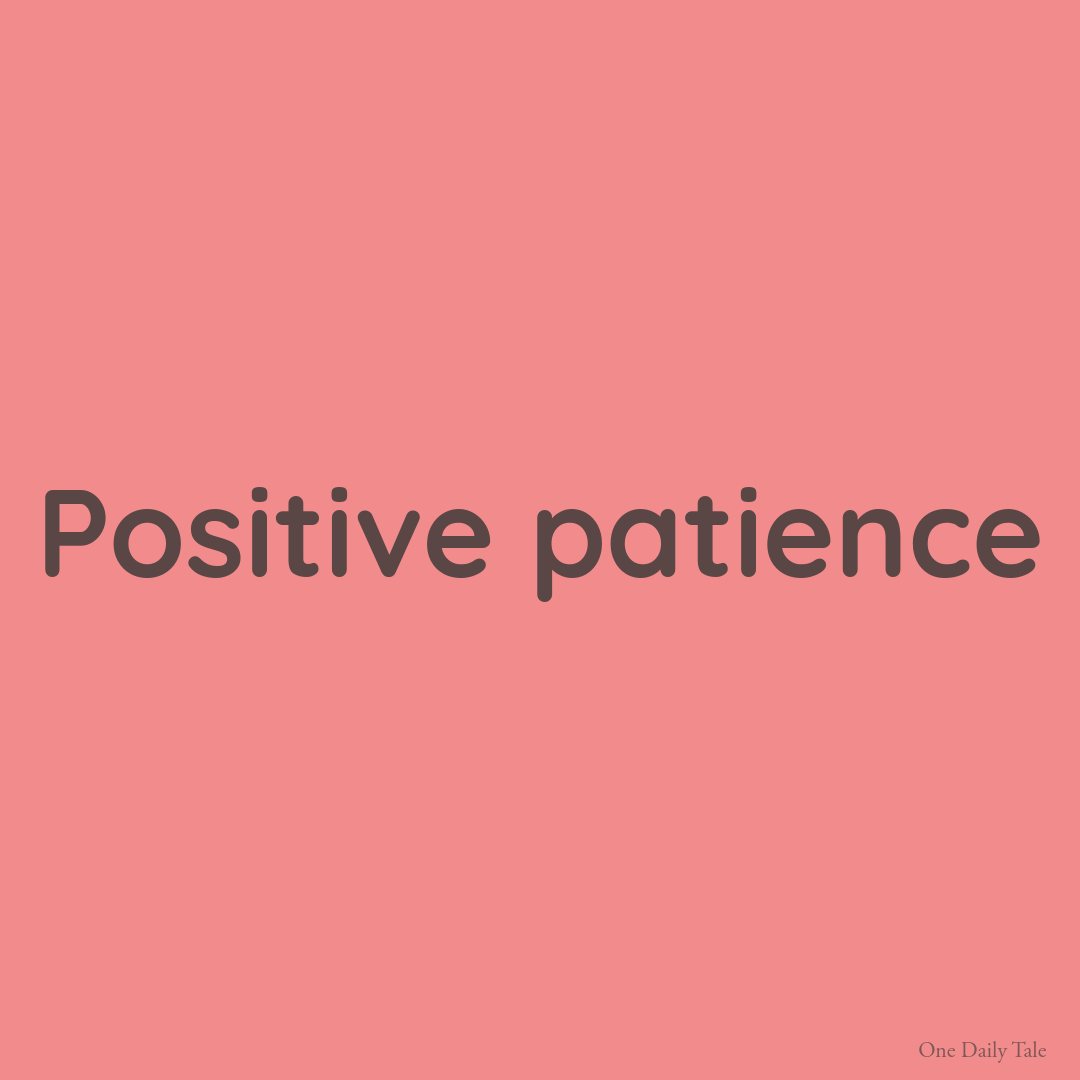
Leave a Reply
You must be logged in to post a comment.